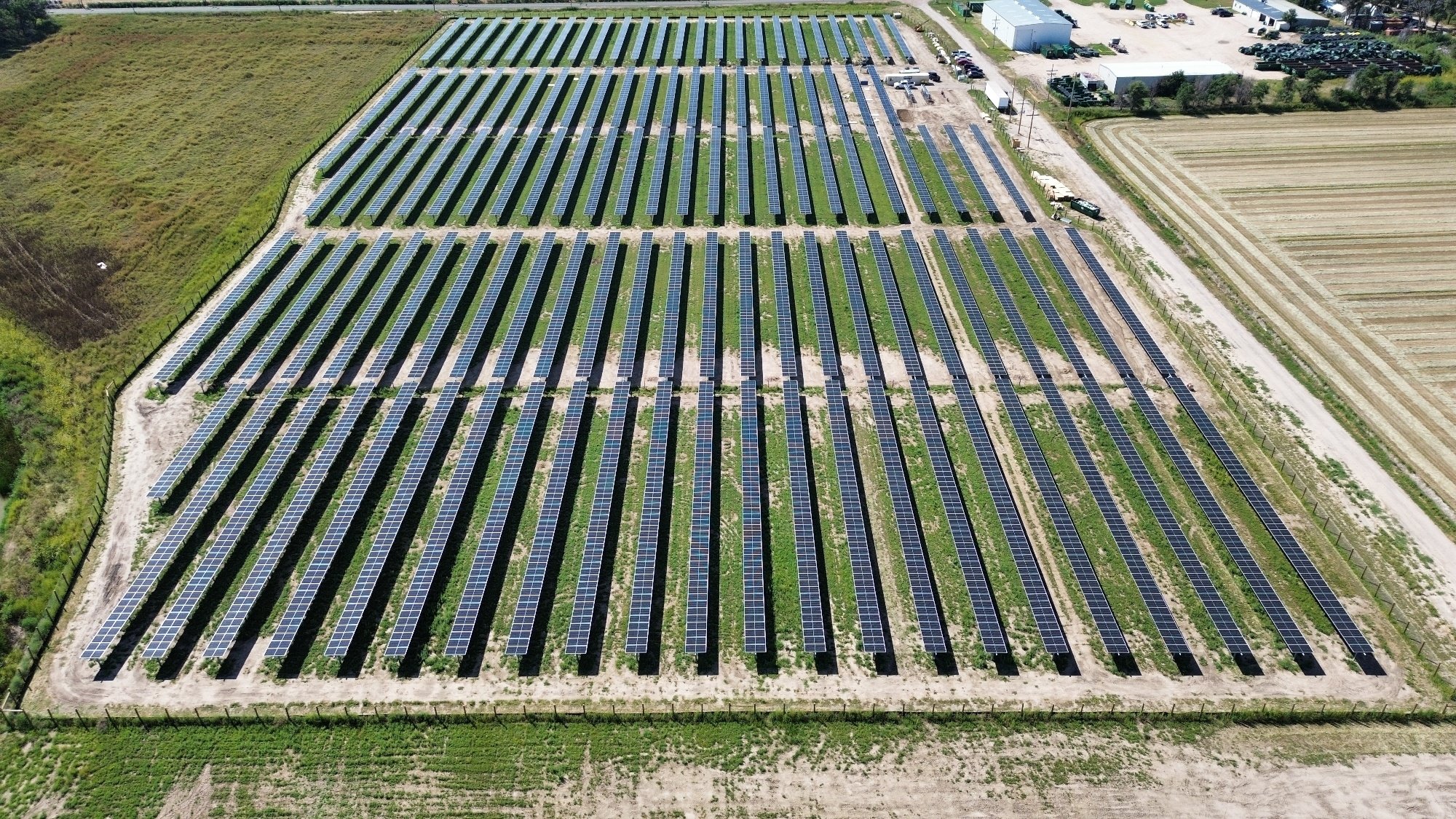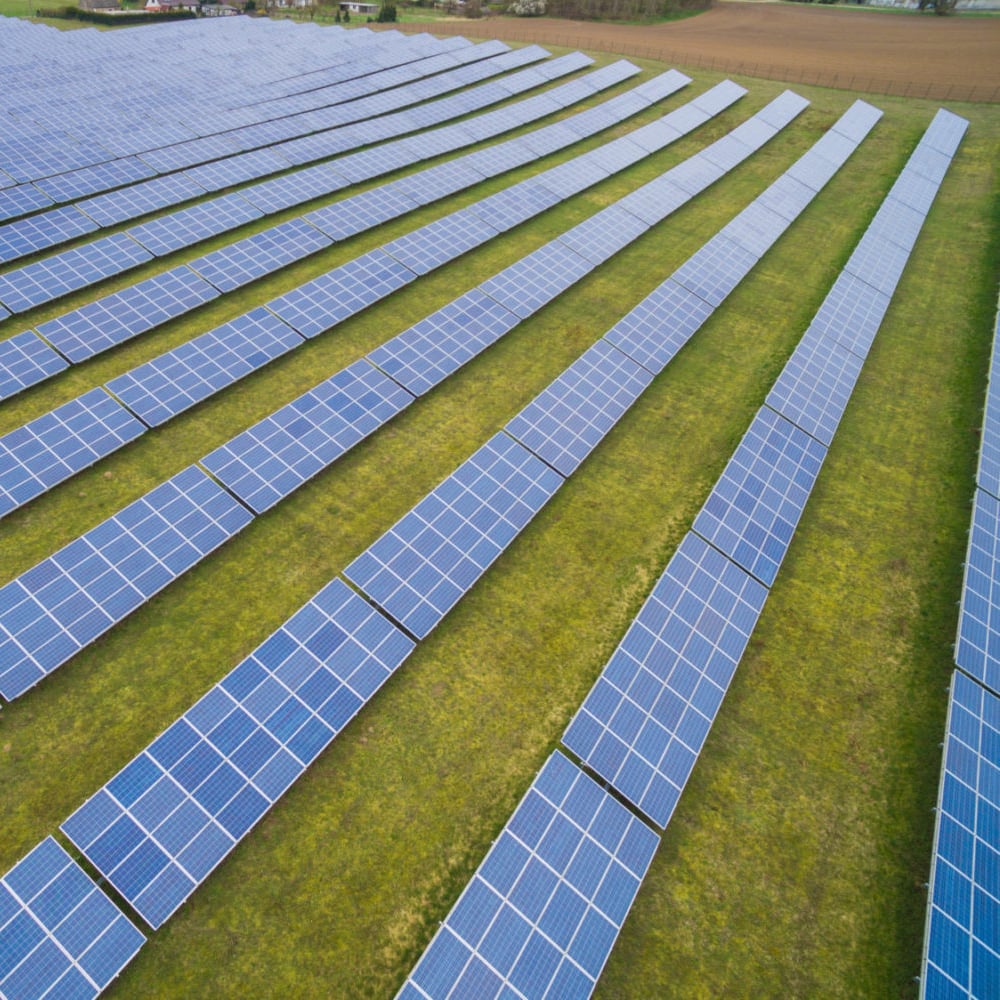Most American households can’t put solar panels on their homes because they rent, live in apartments, or experience other limiting circumstances. To help more people benefit from solar energy, many states are turning to community solar, also called shared solar. This type of solar program helps people save money on energy while supporting clean energy growth. Community solar projects exist in 44 states; however, only 24 states (plus Puerto Rico and Washington DC) have laws that encourage more projects to be built. Each of these 24 state’s programs are constantly evolving, helping the country reach its renewable energy goals and driving future growth for the industry.
Let’s take a look at how some key states are leading the way in community solar development.
Delaware
Delaware's journey with community energy facilities (CEFs) started off slowly. Established in 2010, the program showed only limited success. However, in 2021, the state set the ambitious goal of achieving 40% renewable energy by 2035, and this goal reignited its community solar program.
In April 2022, the updated community solar program opened, and it was met with huge interest. Over 250 megawatts (MWs) of projects were submitted. This surge, while a testament to public interest, caused a long waitlist for projects to connect to the grid.
Even with the waitlist, Delaware’s program boasts features that cater to a diverse range of participants. Notably, 15% of each project's subscribers must be low-income households.
Delaware's CEF program holds immense potential. The state's dense population and limited utility options make it fertile ground for community solar to flourish. As long as the state makes it easier for projects to connect to the grid and encourages collaboration, Delaware’s community solar program will continue to grow and bring clean energy to more people.
Illinois
The arrival of the Climate and Equitable Jobs Act (CEJA) brought about ambitious clean energy goals for the state – increasing funding for low-income programs and making more room for community solar projects each year. The program is thriving, but there are still challenges.
The original lottery system for choosing projects was replaced with a first-come, first-served system, which led to a long waitlist. Plus, the federal Inflation Reduction Act added extra tax credits for low-income customers, strengthening competition for those customers.
Despite the hurdles, Illinois' community solar program offers a beacon of hope. The program prioritizes both traditional and low-income communities, with dedicated funding and incentives for each. The state also has a dual-use program that allows solar projects to be built on farmland, which opens up new opportunities for solar development across the state.
Maryland
In 2015, Maryland embarked on a community solar journey with a 7-year pilot program. At first, progress was slow because of rules about where solar projects could be built. But in 2022, Maryland increased the program’s size and eased regulations, leading to signficant progress in 2023 when the state created a permanent program.
The permanent program removes the limit on how much solar power can be built, so more people can access community solar. It also helps low-income residents by reserving 40% of each solar project’s power for them. To make it easier, low-income residents can prove their income without extra paperwork and consolidated billing has been mandated.
Although there is still a waitlist for projects because of high demand, Maryland’s community solar program has a lot of potential for growth. With federal tax credits and strong support from the state, Maryland’s community solar program will continue to bring clean energy to more people.
Learn More from Community Solar Experts
As the community solar market continues to grow and evolve, don't be afraid to lean on community solar experts like SunCentral. We can help you navigate revenue collection, mitigate churn risk, gain invaluable insights, and ensure total compliance in an ever-changing landscape. For more information, reach out to a member of our team today.


.jpeg)
